
Strategic Area Responsible Digital Transformation
The Parallel Sessions provide a forum for in-depth discussion on each of the six strategic areas of the ETH Domain. They take place in parallel, allowing participants to choose the topics that best match their interests and field of research. Each session includes scientific presentations, discussions and opportunities for exchange, promoting knowledge sharing and the co-creation of new ideas.
On this page, you will find the twelve speakers from the Strategic Area Responsible Digital Transformation, which aims to exploit the potential of digital technology while ensuring security and responsibility.

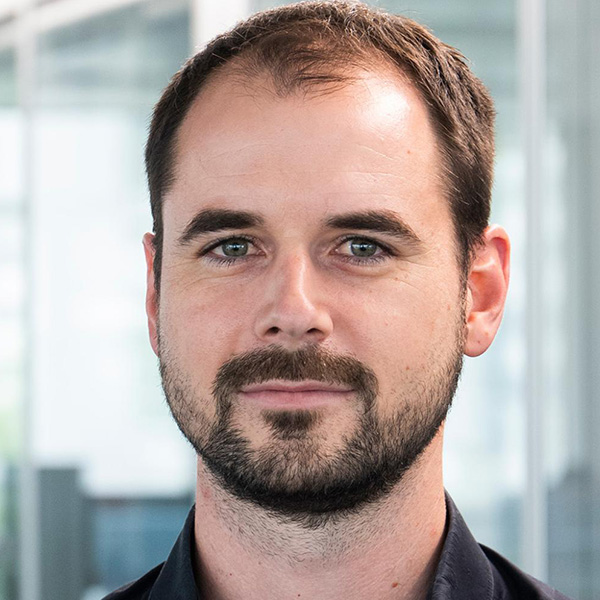
Marco Hutter
ETH RobotX
Abstract
In 2019, ETH Zurich started the ETH+ initiative RobotX with the goal of establishing Switzerland as a leading hub in Robotics. The initiative included new professorships, research funding, industry relationships, joint lab space, and various new educational elements. In the future, this initiative shall continue as an interdepartmental Centre at ETH Zurich. In my talk, I will reflect on the initiative after the first 6 years. I will present some snapshots of research and teaching at the Center, discuss what worked and what didn’t, and provide some ideas on how this Centre could continue to grow.
About
Marco is a professor for robotic systems and director of the Center for Robotics at ETH Zurich. Since 2024, he leads the Zurich office of the AI Institute. His research interests are in the development of novel machines and machines and their intelligence to operate in rough and challenging environments. Marco is/was part of the National Centers of Competence in Research (NCCR) Robotics, Digital Fabrication, and Automation.
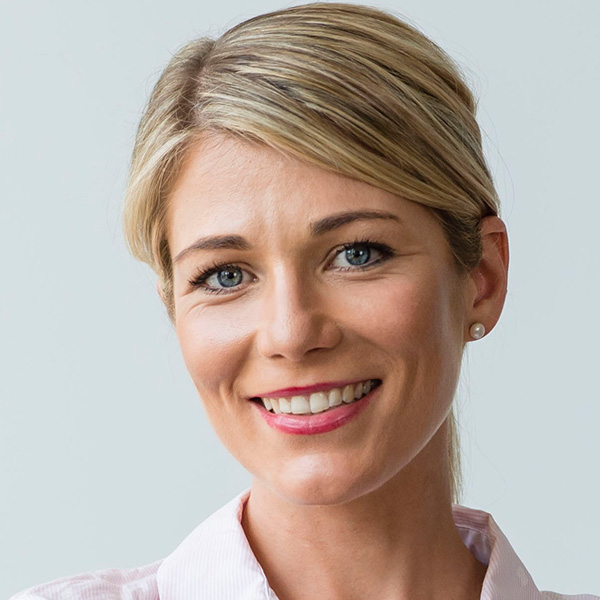
Simone Schürle
Design and engineering of medical microrobots
Abstract
Microrobots offer new opportunities for precise intervention in medicine, enabling targeted delivery, localized sensing, and minimally invasive manipulation within complex biological environments. Integrating AI-driven modeling supports the systematic exploration of design spaces, guiding material selection, microrobot geometries, and control system architectures. This approach accelerates the development of microrobotic systems capable of navigating within vessels and tissues, probing biological processes, and performing reliable diagnostic and therapeutic functions in vivo.
About
Simone Schuerle is Associate Professor at ETH Zurich working at the interface of microrobotics and biology. Her group creates microscale technologies to advance diagnostics and enable targeted therapeutic strategies, aiming to translate emerging concepts into impactful medical solutions.
Sustainability Robotics: Driving ETH Domain Leadership for a Resilient Future | More
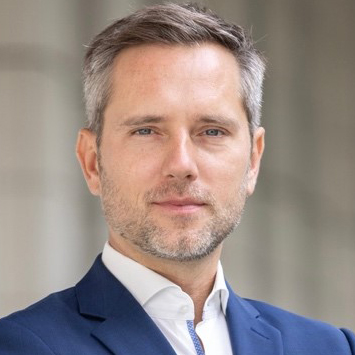
Mirko Kovač
Sustainability Robotics: Driving ETH Domain Leadership for a Resilient Future
Abstract
Sustainability Robotics is shaping a future where intelligent machines restore ecosystems, monitor climate, and build resilient infrastructure. By merging robotics, advanced materials, and environmental sciences, we create autonomous systems that sense, adapt, and repair in challenging environments. Prof. Kovac will share breakthroughs such as flying robots for forest monitoring, aerial-aquatic drones for Arctic water sampling, and aerial systems for infrastructure repair. These innovations are being advanced through the new Competence Centre for Sustainability Robotics, uniting ETH Domain institutions, industry, and government to accelerate global impact.
About
Prof. Kovac directs the Laboratory of Sustainability Robotics and leads the Competence Centre for Sustainability Robotics. He develops robots for ecosystem monitoring and automated construction, has published over 100 papers, received an ERC Grant and Royal Society Fellowship, and regularly advises governments and industry on robotics innovation.
ETH AI Center and Swiss AI Initiative | More
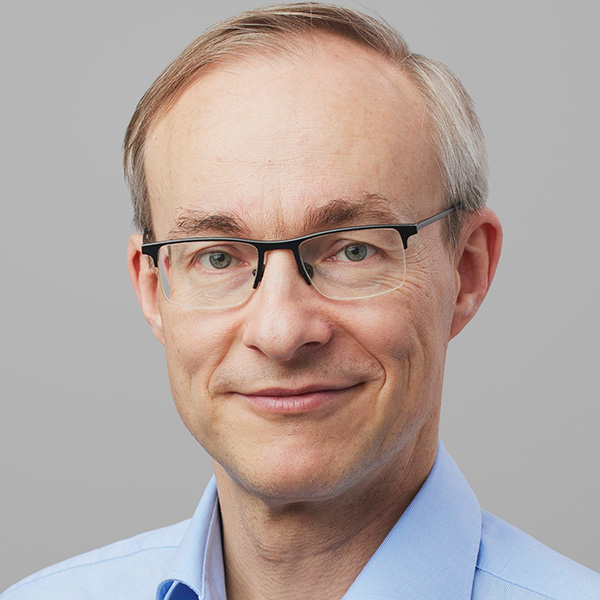
Andreas Krause
ETH AI Center and Swiss AI Initiative
Abstract
In 2020, ETH Zurich launched the ETH AI Center as central hub for artificial intelligence, bringing together more than 100 faculty members across AI foundations and its impact areas, from all departments. In addition to reflecting about the center’s activities and prospects, I will talk about the Swiss AI Initiative, which is jointly led by ETH Zurich and EPFL in context of the Swiss National AI Institute, and which recently released the Apertus LLM.
About
Andreas Krause is a Professor of Computer Science at ETH Zurich, where he leads the Learning & Adaptive Systems Group, and serves as Academic Co-Director of the Swiss Data Science Center and Chair of the ETH AI Center. He is an ACM Fellow, IEEE Fellow, ELLIS Fellow, received the Rössler Prize and ERC Starting and Consolidator grants. From 2023-24, he served on the United Nations’ High-level Advisory Body on AI.
Towards Sovereign and Responsible Digital Infrastructures | More
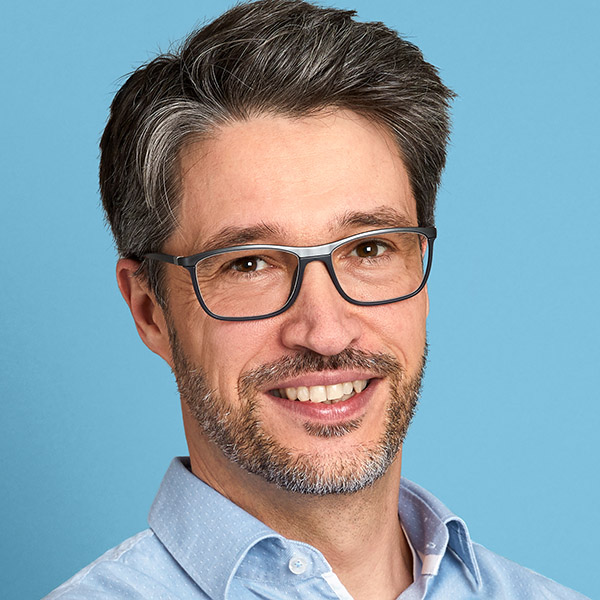
Olivier Verscheure
Towards Sovereign and Responsible Digital Infrastructures
Abstract
Switzerland’s digital transformation increasingly requires trusted, sovereign and interoperable infrastructures that can support research, industry and public services. Over the past eight years, the Swiss Data Science Center (SDSC) has built a proven cross-institutional model at EPFL, ETH Zurich and PSI, combining research, innovation and engineering across five strategic domains. Switzerland now faces the need for sovereign data and compute platforms, stronger cybersecurity and shared reference architectures. This presentation outlines how current national projects are already moving the SDSC toward this digital-sovereignty layer and strengthening its role as a national reference point for secure, responsible and future-proof digital transformation.
About
Prof. Olivier Verscheure is the Director of the Swiss Data Science Center (SDSC), a joint initiative of EPFL, ETH Zurich and PSI. The SDSC brings together experts in data science and AI to support research, industry and the public sector. Before returning to EPFL in 2016, Olivier began his career at IBM Research after completing his PhD at EPFL (’99), holding research and management roles in New York and later contributing to the creation and leadership of IBM Research in Dublin.
Digital transformation in the era of compute | More
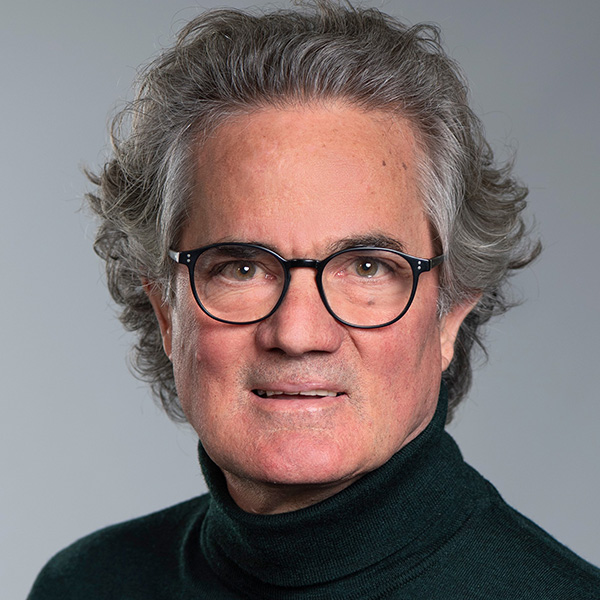
Thomas Schulthess
Digital transformation in the era of compute
Abstract
Switzerland has taken a leading role in sovereign AI through Alps and the development of models such as APERTVS. Yet sustaining this momentum will soon require far larger infrastructure, new funding models, and deeper international cooperation. Given that sovereign AI is challenging for individual nations to pursue in isolation, I will discuss how open models and shared governance can ensure global adoption and highlight why Switzerland must invest in grid expansion and stronger public-private partnerships to remain competitive in the emerging AI landscape.
About
Thomas Schulthess is Director of CSCS and Professor of Computational Physics at ETH Zurich. He drove the development of Alps and catalysed Switzerland’s sovereign AI initiative by mobilising CSCS resources for large-scale AI research.

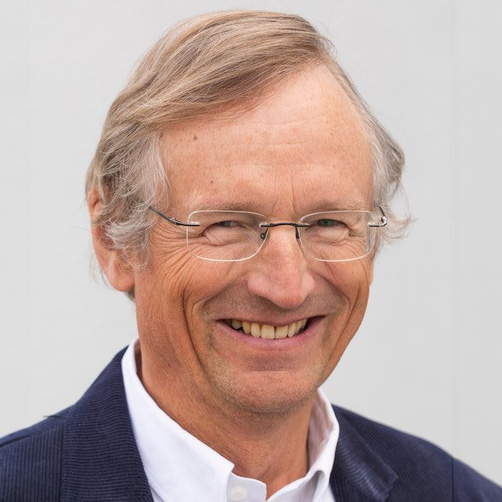
Jean-Pierre Hubaux
The Center for Digital Trust (C4DT)
Abstract
The digital world is plagued by cyberattacks, disinformation, and exploitation of private data. In this talk, we will explain how the EPFL Center for Digital Trust (C4DT) responds to these challenges. C4DT brings together academia, industry, government and NGOs; it has 40+ affiliated EPFL labs and 10 external funding partners, which include two federal offices (armasuisse and BIT). We will detail our approach to tech policy and provide some examples of the 50+ bilateral projects C4DT has fostered. We will also address IT sovereignty in the ETH Domain, an activity that we have recently bootstrapped with the Central IT services of ETHZ and EPFL.
About
Prof. Jean-Pierre Hubaux is the academic director of the EPFL Center for Digital Trust. For its whole duration (April 2018 - December 2021), he led the Data Protection in Personalized Health (DPPH) project funded by the ETH Council (PHRT program). From 2008 to 2019, he was one of the seven commissioners of the Swiss FCC. He is a Fellow of both IEEE and ACM. He is among the most cited researchers in privacy protection and in information security.
Information Security Research at ETH in the context of Digital Sovereignty | More
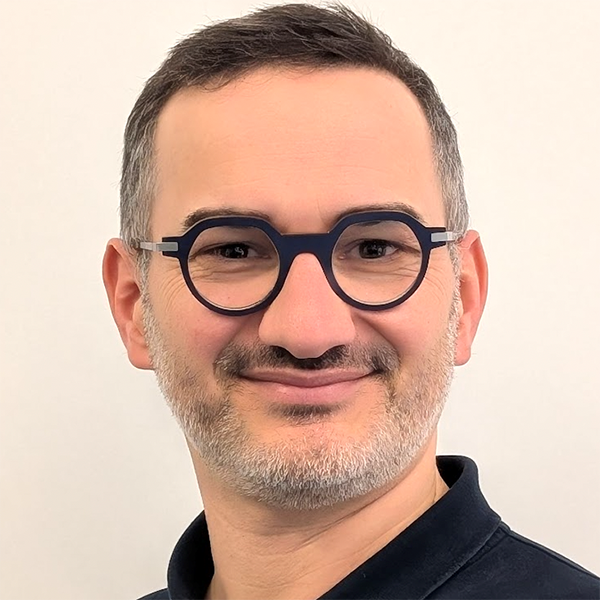
Srdjan Čapkun
Information Security Research at ETH in the context of Digital Sovereignty
Abstract
The Zurich Information Security and Privacy Center of ETH Zurich (ZISC) brings together academia and industry to solve current and future information security challenges. ZISC is one of the leading information security research centers globally and gathers over a hundred PhD students, postdoctoral researchers and faculty that perform academic research that has aims to have deep societal impact. It has already generated a number of impactful both theoretical and practical research results, educated future security research leaders and led to the creation of successful companies. In this presentation, I will review our activities in ZISC with a special focus on the topic of digital sovereignty which is highly relevant in today’s societal context.
Open Research in the Cybersecurity Landscape of Large Research Facilities | More
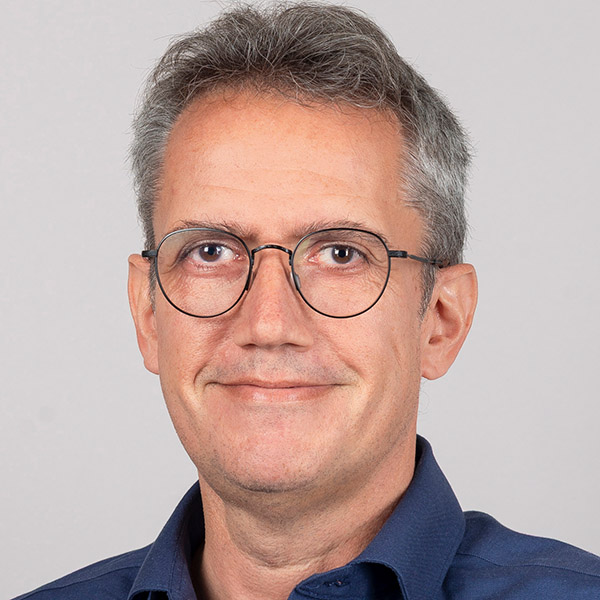
Alun Ashton
Open Research in the Cybersecurity Landscape of Large Research Facilities
Abstract
Home to internationally unique infrastructures, including synchrotrons, a free-electron laser, and neutron and muon sources, PSI supports thousands of international researchers in collaborative science and innovation. PSI’s large-scale research facilities support an increasingly vital need for open scientific, multimodal and multi-site data source scientific collaborations while, ensuring both information security and cybersecurity in cyberphysical systems. It covers key strategies for safeguarding data integrity, access, and operations amid diverse user communities and complex infrastructures. The presentation will cover the balance for openness with robust cybersecurity measures to enable cutting-edge research in a protected and resilient setting and the cost when this is not achieved.
About
Dr. Alun Ashton is an accomplished professional with a strong academic background and over 25 years of experience in Science IT. Holding a Master's degree in Biological Computation from the University of York and a PhD in XRay and Neutron scattering from University College London, he is dedicated to advancing scientific research through computational methodologies. Currently serving as the Head of the Science IT Infrastructure and Services Department at PSI, Dr. Ashton leads a team responsible for various activities, from real-time experiment feedback to long-term data preservation. His expertise includes applying advanced algorithms like Machine Learning to support the science program of the Swiss Photon and Neutron sources.
Quantum Science and Technology in Switzerland: From Fundamental Research to Applications | More
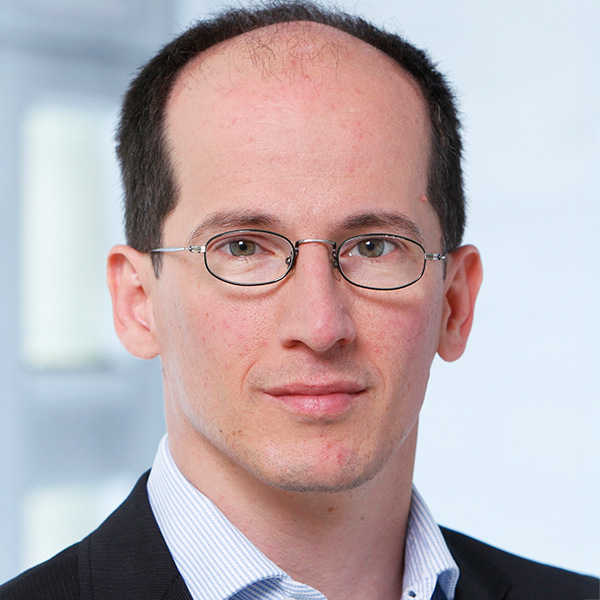
Andreas Wallraff
Quantum Science and Technology in Switzerland: From Fundamental Research to Applications
About
Andreas Wallraff and his team at the Quantum Device Lab of ETH Zurich and at the ETHZ-PSI Quantum Computing Hub explore the quantum properties of superconducting circuits for fundamental science and for applications in quantum computing, quantum communication and quantum sensing. A recent focus of their work is on realizing fault-tolerant quantum computers making use of the concepts of quantum error correction.
Swiss Quantum Computing Facility – a strategic opportunity | More
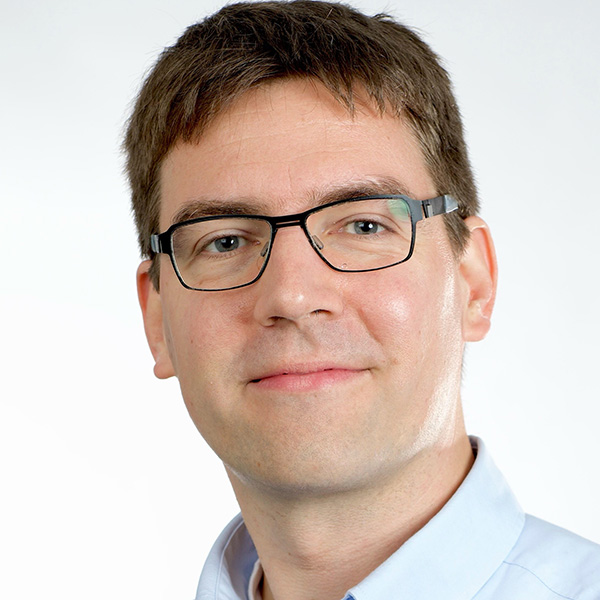
Cornelius Hempel
Swiss Quantum Computing Facility – a strategic opportunity
Abstract
As quantum computing rapidly advances and enters the stage of scaling, there is ever more need for research innovations across the whole computing stack from hardware to software. Yet, despite the increasing availability of commercial systems, the safeguarding of corporate IP in an emerging market and strategic national interests make it harder for researchers to get the required level of access. Building on trapped ion and superconducting circuit systems developed at the ETHZ-PSI Quantum Computing Hub, we plan to build a national testbed facility providing deep access as a federal user facility. Co-designed with users from academia and industry, the facility will feature an HPC connection to CSCS and involve local industry partners.
About
Cornelius Hempel leads the Ion Trap Quantum Computation group at the ETH Zürich-PSI Quantum Computing Hub. He is known for his work in quantum simulation using trapped ion quantum computers, in particular for chemistry, and built the world’s first fully controlled 20-qubit system in 2011. Until 2021 he was principal investigator at the Quantum Control Laboratory at the University of Sydney, Australia.
Closing the gaps: connecting quantum theory with applications across the ETH Domain | More
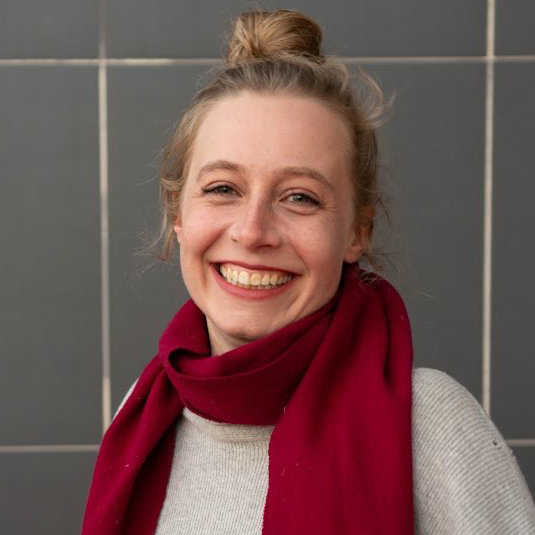
Zoë Holmes
Closing the gaps: connecting quantum theory with applications across the ETH Domain
Abstract
As quantum hardware advances, there is a growing need for new algorithmic primitives and end-to-end algorithm development connected to real devices. The ETH Domain has established itself as a national pillar for quantum complexity and quantum algorithms, but future progress will depend on deeper collaborations with “domain-specific’’ scientists who want to explore quantum methods in their areas without becoming quantum-algorithm experts. Joint grants, workshops, and matchmaking efforts will be essential to facilitate this. Equally important is broad access to quantum computing facilities. The ETH Domain currently has gaps in several areas, including error correction and computer-science topics such as architectures and compilation. Addressing these gaps — or making a conscious decision to focus on existing strengths — will help Switzerland make strategic choices about how to make strides in the global quantum landscape.
About
Zoë Holmes received in 2015 her MPhil degree in Physics and Philosophy from the University of Oxford. In 2016 she obtained her MRes (Master of Research) from the Imperial College London, where in 2019 she got her PhD in quantum thermodynamics. In 2020 she started as a Postdoctoral Researcher at Los Alamos National Laboratory (USA). In 2021 she became the Mark Kac Fellow at Los Alamos National Lab. Since August 2022 she is Tenure Track Assistant Professor of Physics at EPFL.